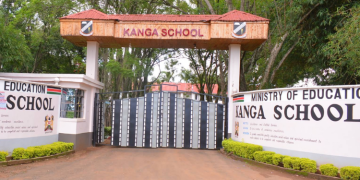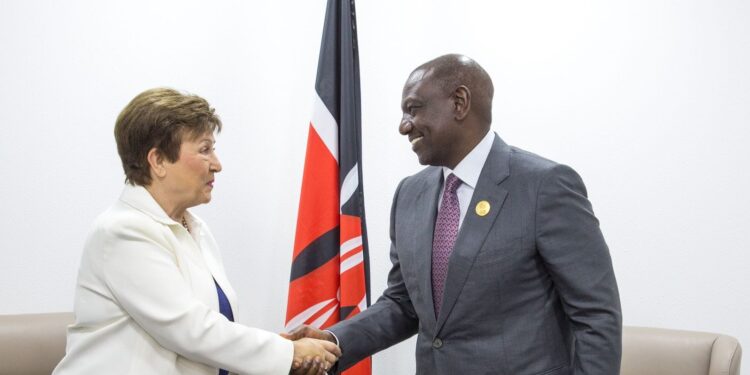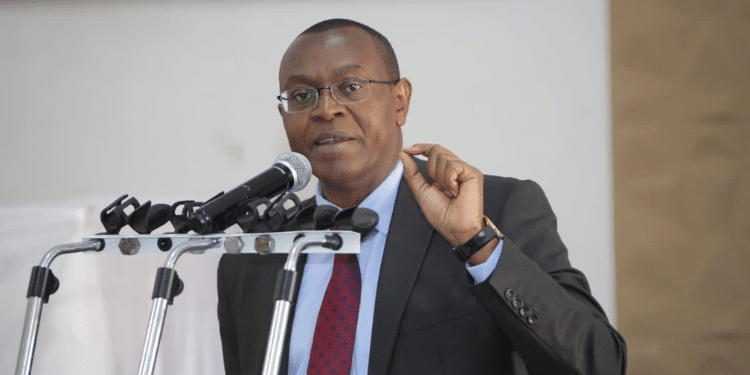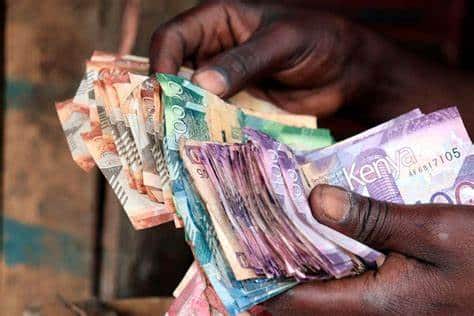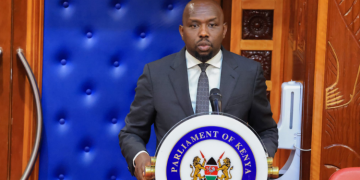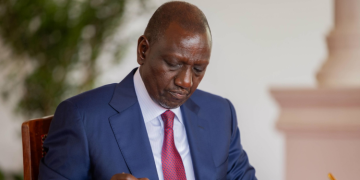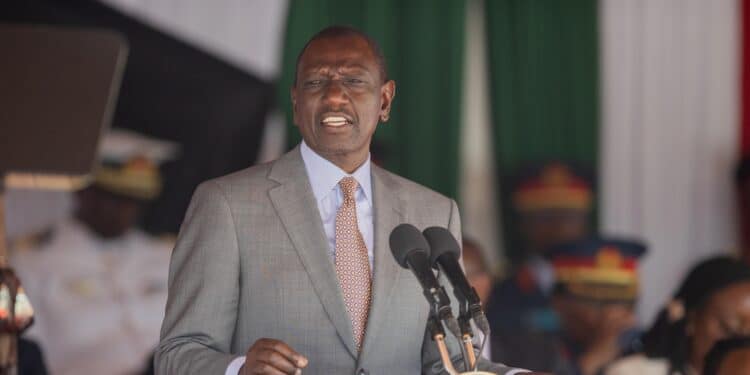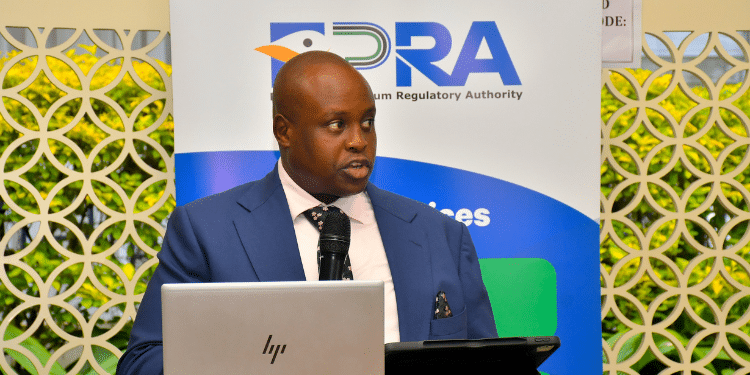President William Ruto has unveiled plans to revolutionize the country’s leather industry by phasing out shoe imports and focusing on local manufacturing.
Addressing attendees at the 61st Madaraka Day celebrations in Bungoma County, Ruto said that in the near future the country will be producing its locally manufactured shoes.
“I have made this commitment, that shortly we will not be importing shoes from anywhere. We will be wearing our own shoes; made in Kenya, using our own leather.”
He emphasized the government’s dedication to developing the leather sub-sector and consequently strengthen competitive export industries.
The President also outlined plans aimed at elevating the industry, with targets set to increase annual incomes, expand job opportunities and increase footwear production by 2027.

Govt Initiatives to Elevate the Leather Industry
“We have committed to implement strategies aimed at increasing incomes from Ksh 15 billion to KSh.120 billion a year, multiplying job opportunities from 17,000 to 100,000 and raising annual footwear production from the current 8 million to 36 million pairs worth Ksh.72 billion by 2027,” said President Ruto.
Also Read: Ruto Announces When He Will Ban Shoe Imports into Kenya
This move aims to boost Kenya’s leather sector, transitioning from exporting raw materials to producing high-quality finished leather products for both domestic use and international markets.
“We are developing local capacity to handle hides and skins to provide quality raw material, tanning as well as the local manufacturing of finished leather goods such as shoes, bags, and belts,” he said.
Ruto’s Financial Commitments Towards the Leather Sector
To support this vision, Ruto pledged major investments aimed at revitalizing the leather sub-sector.
Notably, Ksh.400 million has been allocated for upgrading the Ewaso Nyiro South Development Authority’s leather factory.
This funding includes Ksh.200 million for modern equipment acquisition, Ksh.100 million for a new footwear factory, and Ksh.100 million to mop up hides and skins.
The President also highlighted the procurement and installation of machinery to boost processing capacity at the factory, along with the training of 703 flayers and the provision of subsidized flaying equipment to 680 slaughter points.
Also Read: Story of Shoemaker Who Lost Ksh 336K to Ekeza Sacco
Furthermore, he commented on the progress of the Kenya Leather Industrial Park being constructed in Kenanie, Machakos County, noting that it was at 85% completion.
This industrial park is set to feature a common effluent treatment plant, two tanneries, two leather manufacturing plants, and 100 acres designated for investors to establish leather factories by year-end.
This initiative is poised to have a major impact on the economy, particularly within the livestock sector.
By boosting local production and reducing dependence on imports, the government aims to create numerous job opportunities and enhance income for those involved in livestock farming.
Follow our WhatsApp Channel for real-time news updates.
https://whatsapp.com/channel/0029VaB3k54HltYFiQ1f2i2C


